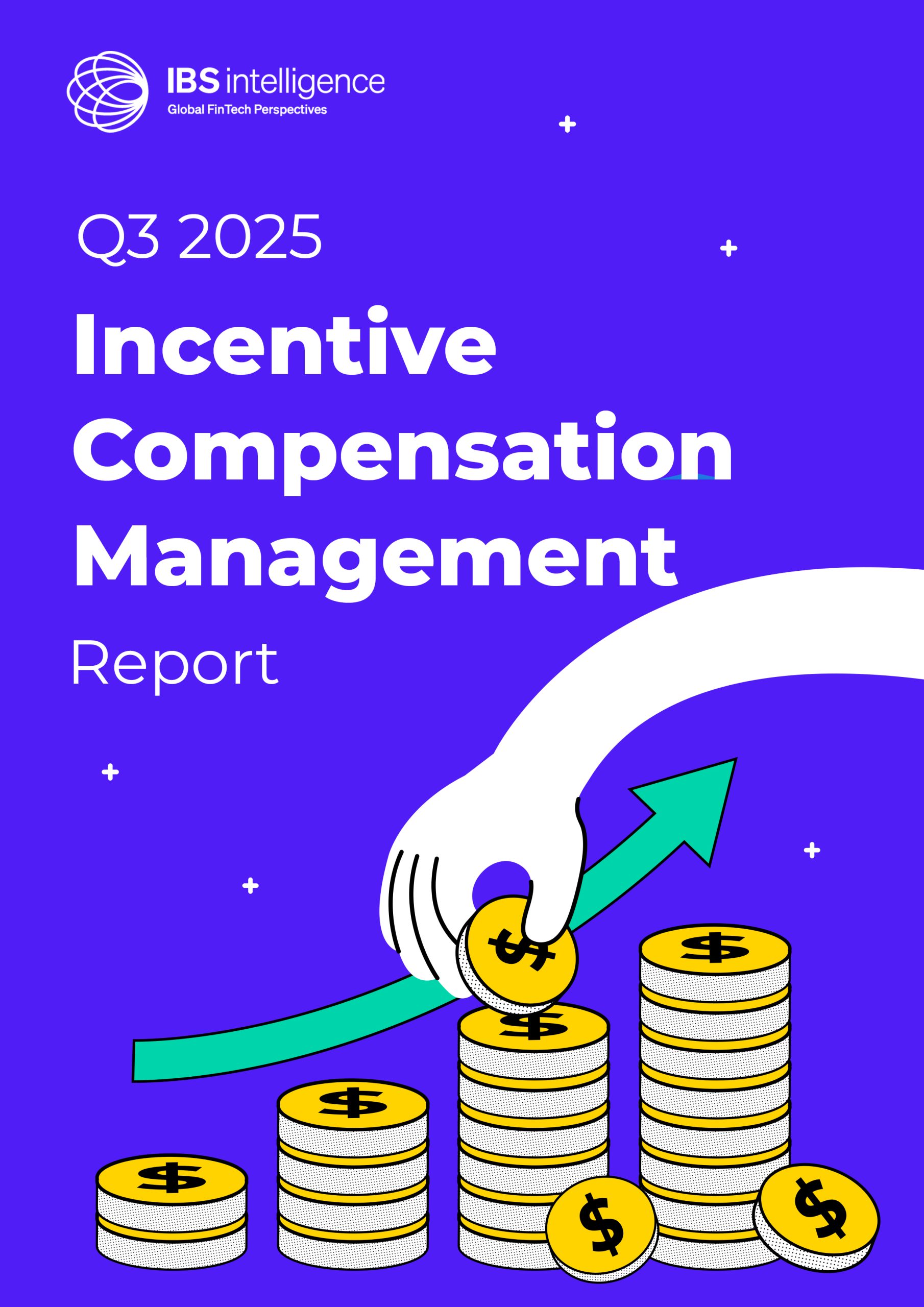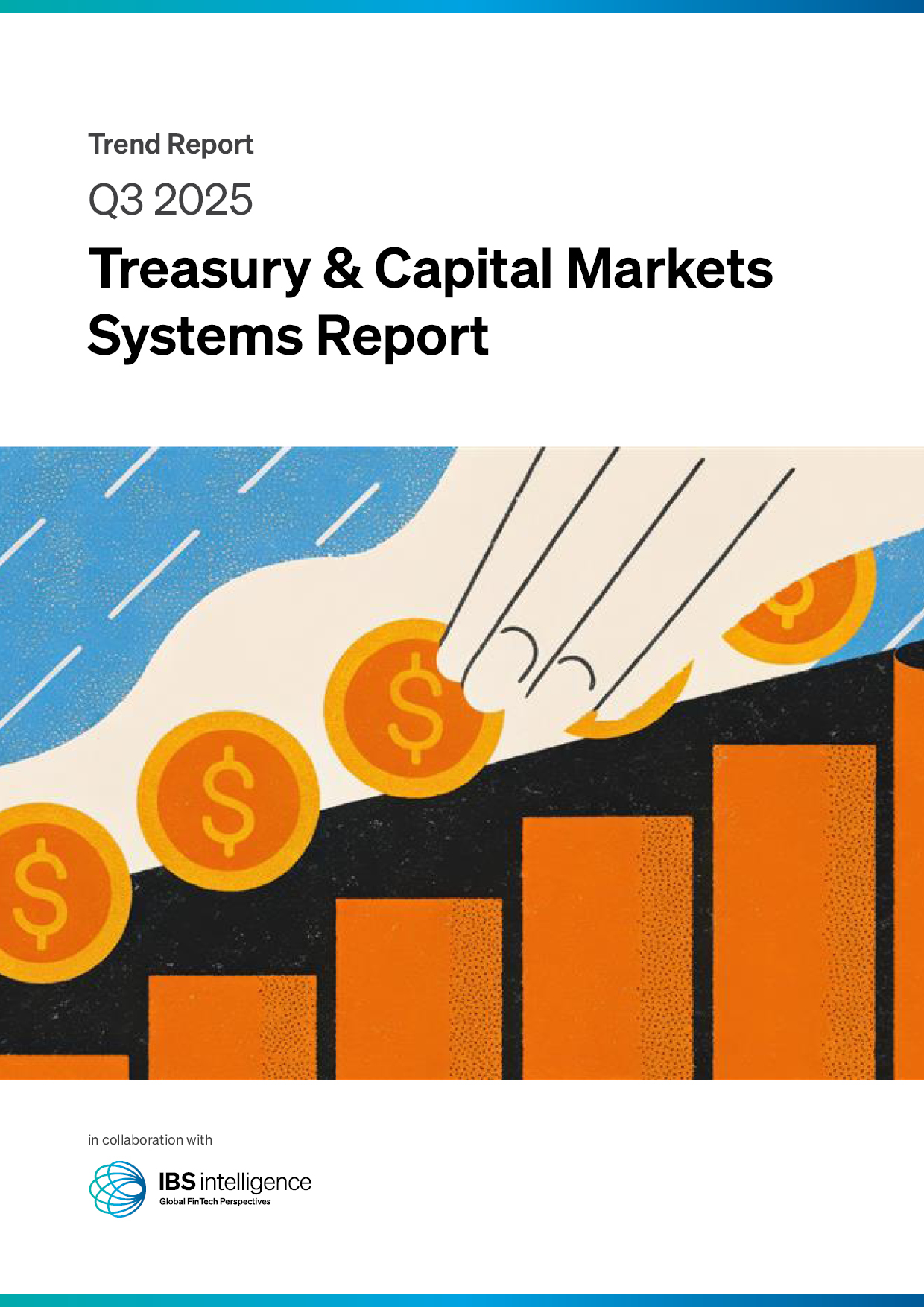 Back
Back
Smart payments crucial for Italy’s tourism surge
By Vriti Gothi

Outdated payments and slow digital uptake could undermine Italy’s hospitality sector as it braces for 429 million visitors during the Jubilee and Milan-Cortina 2026 Olympics.
While this surge is set to lift tourism’s share of national GDP from 10.8% in 2024 to a projected 12.6% by 2034, industry experts warn that without a stronger commitment to FinTech-powered payment and ordering solutions, many operators risk falling short of delivering the seamless experiences modern travellers expect.
At the core of this challenge is not just the technology gap, but also a significant human resources shortfall. Recent estimates point to more than 250,000 unfilled positions across Italy’s Ho.Re.Ca. (Hotel, Restaurant, Café) sector. For an industry so dependent on seasonal and frontline workers, this shortage threatens to strain customer service just as global visitor numbers reach unprecedented levels.
Yet the solution, many believe, is within reach — and FinTech is playing an increasingly central role. Despite the clear benefits of digitalisation, only a small proportion of restaurants and hospitality businesses have invested in integrated digital ordering, payment, and inventory tools. Without modern systems, businesses face longer queues, slower table turnover, and greater pressure on already overstretched staff.
Industry observations show that when digital solutions are in place, the benefits can be immediate and significant. Smart point-of-sale (POS) systems, contactless ordering apps, and self-service kiosks can cut waiting times by up to 40% and lift average spending per guest by nearly as much. These tools not only speed up transactions but also improve customer satisfaction and encourage repeat business, a crucial advantage in peak seasons when positive visitor experiences are vital to Italy’s tourism brand.
From a customer’s perspective, fast and frictionless payments have shifted from a nice-to-have to an expectation. Tourists accustomed to digital wallets, QR code menus and instant checkout in their home countries are often surprised when they encounter manual processes and paper receipts in one of the world’s top travel destinations. For businesses, outdated systems can mean longer lines, lost orders, and frustrated guests — all of which impact revenue at the busiest times of year.
By adopting FinTech-driven ordering and payment tools, hospitality operators can unlock operational efficiencies that help them do more with less. Digital solutions can free up staff to focus on customer interaction instead of paperwork, streamline kitchen workflows, and provide real-time data on stock levels and sales trends. This data-driven approach helps owners make better decisions about staffing, supply and pricing — all critical factors when margins are tight and demand is high.
Europe’s FinTech sector has taken note of this gap and is increasingly targeting the Ho.Re.Ca. market with modular, affordable tools designed for quick adoption. Many new solutions can be rolled out with minimal upfront investment, giving even smaller operators a pathway to modernise without large-scale disruption to daily business.
As Italy prepares for a once-in-a-generation tourism wave, the hospitality industry faces a clear choice: adapt or fall behind. Embracing digital payments and smart FinTech solutions is no longer just about modernising operations — it’s about safeguarding service quality, protecting revenues and ensuring that millions of new visitors leave with an experience that lives up to Italy’s global reputation.
For many businesses, the next two years will be decisive. Those that invest in frictionless, customer-centric digital tools now stand to convert this historic surge in demand into sustainable growth for the decade ahead. Those that don’t risk being left behind as the world’s travellers look elsewhere for service that matches their expectations.
Francesco Basile, founder and CEO of Qromo, said, “Recent data reported by ENIT at BIT Milan confirms an extraordinary trend for Italian tourism, with a contribution to national GDP of 10.8% in 2024 and growth projections up to 12.6% by 2034, also thanks to events like the Jubilee and Milan-Cortina Olympics. However, the sector risks not being prepared to manage these demand peaks. Our experience with major events demonstrates that digitalization can make the difference: we have recorded reductions in waiting times of up to 40% and increases in average transaction value of 39%. Technology can effectively compensate for staff shortages, allowing optimization of existing resources whilst maintaining high service quality.”
IBSi FinTech Journal

- Most trusted FinTech journal since 1991
- Digital monthly issue
- 60+ pages of research, analysis, interviews, opinions, and rankings
- Global coverage







